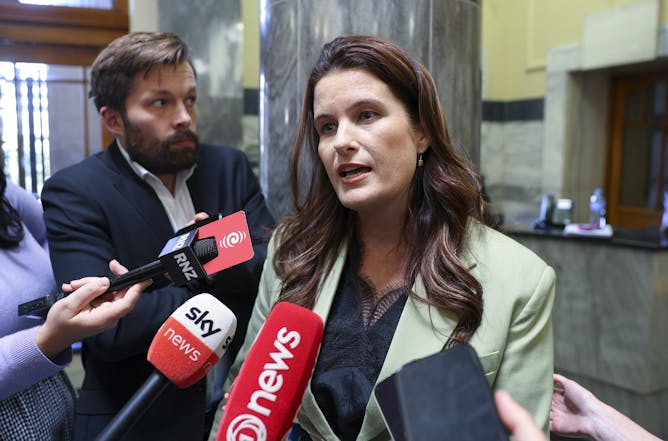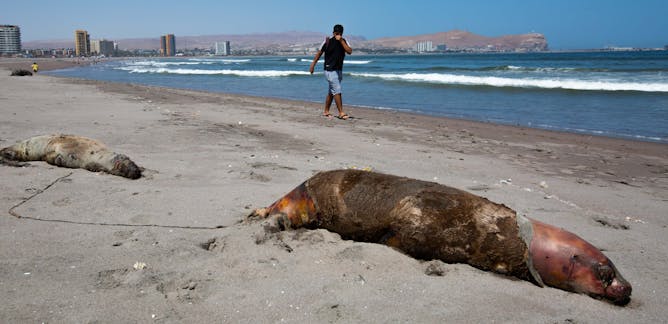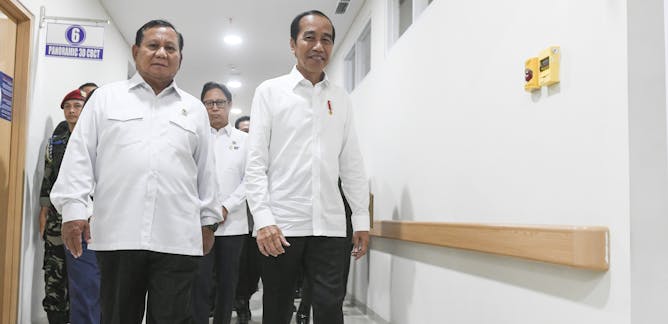|
|
|
|
Nau mai haere mai – and welcome to your newsletter.
Over the past eight years, the demand for emergency housing has been rising steeply. Last week, the coalition government announced plans to require emergency housing applicants to show they have made “a reasonable effort” to secure a home in the private rental sector before being approved for assistance. The government also plans to cut back on the length of emergency housing grants.
But new research from Jessica Terruhn and Francis L Collins suggests the private rental sector is not a solution to New Zealand needs.
In a survey of renters, the authors heard stories of discrimination and instability, illustrating how the power balance between renters and landlords is weighted in favour of the latter.
“What was clear was that the government’s proposals don’t take into account the realities of households or the way the private rental sector itself is a key contributor to housing precarity and inequalities,” the authors write.
With the government also looking to drop the eviction notice period from 90 to 42 days in some cases, the situation is only going to get more dire for people who struggle to find a healthy and safe place to live.
There is plenty more to read here and on our homepage, including a look at the first 100 days of tax policy from the National-ACT-NZ First coalition by tax experts Lisa Marriott and Jonathan Barrett.
Many thanks for reading – until next week, mā te wā.
|

|
Debrin Foxcroft
Deputy New Zealand Editor
|
|

Jessica Terruhn, University of Waikato; Francis L Collins, University of Auckland, Waipapa Taumata Rau
Renters face all types of housing discrimination, new research has found. This needs to be taken into consideration when it comes to relying on the private sector to help with emergency housing.
|

Simon Lamb, Te Herenga Waka — Victoria University of Wellington; Cornel de Ronde, GNS Science
New research comparing the geology of southern Africa with the deep seafloor near New Zealand challenges conventional views of how the planet behaved when it was very young.
|

Dominic O'Sullivan, Charles Sturt University
While the New Zealand government removes reference to the Treaty in the Oranga Tamariki Act, Canada and even Australia are taking steps in the opposite direction on Indigenous children’s rights.
|

Katey Thom, Auckland University of Technology; Stella Black, Auckland University of Technology
A major new report identifies how a ‘trauma-informed’ justice system would acknowledge and act on the deprivation and mental health problems experienced by so many offenders.
|

Lisa Marriott, Te Herenga Waka — Victoria University of Wellington; Jonathan Barrett, Te Herenga Waka — Victoria University of Wellington
National’s tax policies have been tweaked since the election, thanks to coalition agreements with NZ First and ACT. But the plan for tax cuts seems to have survived, to the benefit of core supporters.
|

Shelagh K. Mooney, Auckland University of Technology; Matthew Brenner, Southern Cross University; Richard Robinson, Northumbria University, Newcastle
Stress, poor pay and job insecurity are driving professional chefs away from the hospitality industry in Australia and New Zealand. Tourism is also feeling the impact of the looming skill shortage.
|

Peter Thompson, Te Herenga Waka — Victoria University of Wellington
Calls for the Fair News Digital Bargaining Bill to be fast-tracked are misguided. A better solution would be a straight levy on digital advertising to fund public interest news production.
|

Laura Johnstone, University of Canterbury
Understaffing and budget cuts mean prisoners often struggle to complete rehab programmes, even when they want to. ACT’s Parole Amendment Bill risks having the opposite of its intended effect.
|
From our foreign editions
|

Dana El Kurd, University of Richmond
Israel has made it clear that Hamas should have no role in Gaza after the war. But seeking an alternative in the Palestinian Authority is fraught with problems.
| |

Michelle Grattan, University of Canberra
A government-instituted Aged Care Taskforce has recommended older Australians should pay more of the cost of their aged care, while steering clear of politically fraught options.
|

Marilyn Campbell, Queensland University of Technology; Elizabeth J Edwards, The University of Queensland
Our study suggests the evidence for banning mobile phones in schools is weak when you look at the impact on academic results, student wellbeing and cyberbullying.
| |

Meredith Oyen, University of Maryland, Baltimore County
A gloomier economic outlook in China and tightening state control have combined with the influence of social media in encouraging migration.
|

Diana Bell, University of East Anglia
Bird flu is decimating species already threatened by climate change and habitat loss.
| |

Ary Hermawan, The University of Melbourne
Soeharto’s oligarchy, not Prabowo, is subverting Indonesia’s democracy
|

Nicolas Forsans, University of Essex
Haiti is facing a wave of chaos as gang violence grips the country.
| |

Kim Nelson, University of Windsor
The success of ‘Oppenheimer’ at the Academy Awards presents an opportunity to think about critical criteria for viewing historical film — and what we are owed by historical filmmakers.
|

Sarah Sadavoy, Queen's University, Ontario
Mentions of total solar eclipses in ancient history help researchers pinpoint precise dates of notable events.
| |

Rosemary Iriowen Egonmwan, University of Lagos; Bola Oboh, University of Lagos
Forest elephants are endangered in Nigeria. Habitat protection, community awareness campaigns, research and stronger regulations could save them from going extinct.
|
|
|
| |
| |
| |

|
| |
| |
| |
| |
| |
| |
|
|
|
|
|
|
|